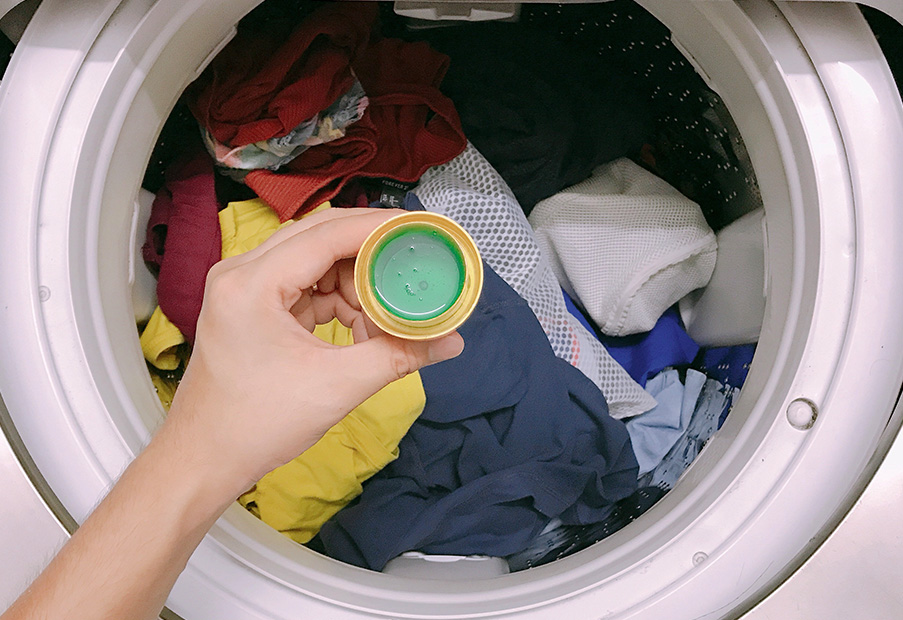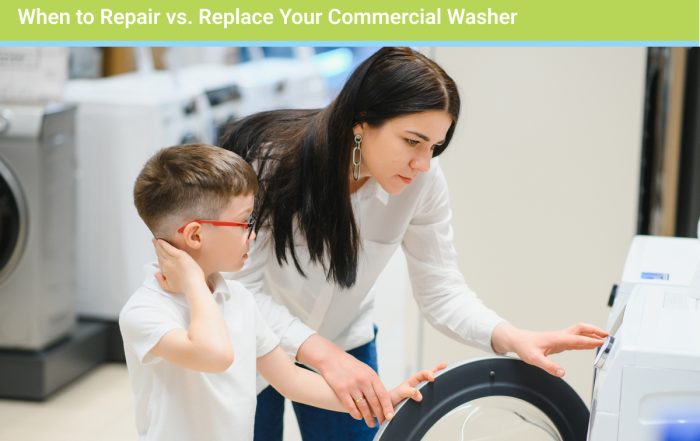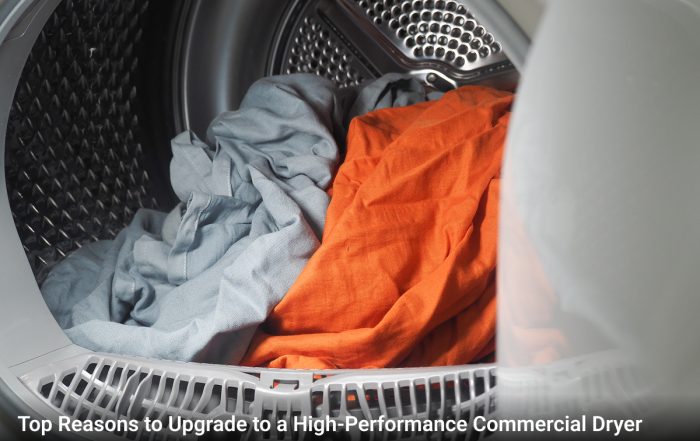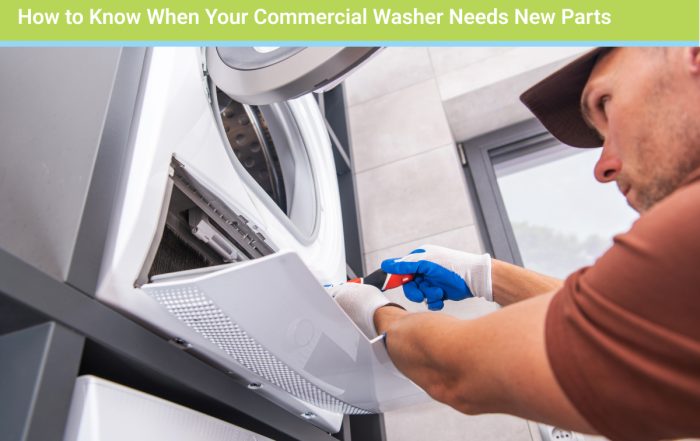
Get the dirt on laundry detergents
The laundry aisle in most grocery and superstores is jam-packed with choices. How do you decide which detergent to buy?
It can be tricky to navigate the options, but a few basic principles will help you get your laundry clean and fresh. Understand what to look for in a laundry detergent and use our guide to decide which one will best suit your needs.
Active ingredients
The first step in selecting a detergent is making sure it will get the job done effectively. This largely comes down to the active ingredients.
Surfactants and enzymes are responsible for a detergent’s cleaning power. Surfactants create a chemical action that removes dirt, oil and grease from your fabrics. Look for ingredients like sodium lauryl sulfate, sodium laureth sulfate, or other surfactants near the top of the list. Surfactants work because they’re attracted to both the dirt in your laundry as well as the water. They attach to the dirt to remove it, then take it with them when they’re rinsed away in the wash water.
Enzymes effectively break down stains. They end with “-ase”, like protease or amylase. Enzymes work well at low temperatures to lift stains out of fabrics, but if traces of them remain, they can be irritating to sensitive skin. Unless you need their stain-lifting power, you may want to avoid biological enzymes if you notice skin irritation.
Liquid or powder?
Whether you choose to wash your clothes using a liquid or powder detergent is up to you. Both can contain active ingredients to get your laundry clean, but each offers different advantages or drawbacks.
Liquid soaps are the most widely available, having increased significantly in popularity since their introduction. They work well with cold water, giving them an edge in energy consumption over powders. Look for a concentrated variety to reduce the size of packaging and make sure you recycle your bottles to avoid having them end up in landfills.
Liquids are an excellent choice for families. They’re very effective at removing food, grease, and oil stains. They can also double up as a pre-treatment by being poured directly onto stains prior to washing.
The downside of liquids is that they’re easy to overuse. Especially in high-efficiency machines, a little goes a long way and too much detergent causes excess suds and residue. Make sure you follow directions and carefully measure your liquid detergent to avoid these issues (along with the extra expense of wasting detergent unnecessarily).
Powders, on the other hand, are a very cost-effective way to get most of your laundry clean. They’re the cheapest option per load and are excellent at removing general dirt. Because they’re more shelf-stable than liquids, powder detergents also allow for additives that make them a better option if you have hard water.
Powders are the oldest of the modern detergent types and are still popular, although they’re a little bit messier and can be more challenging to store. They don’t offer the same convenience of being used as a pre-treatment (unless you form them into a sticky paste yourself).
Pods, strips, and make-your-own
Newcomers in the detergent market are starting to crowd out the liquids and powders. Pods have exploded in the last ten years as a consumer favourite, largely for their convenience. Their small size makes them lightweight to ship and easy to store. They’re also pre-measured so you won’t have to worry about using too much or too little. Just pop one in with your load and they’ll dissolve in water. (Of course, this also means you can’t adjust the amount you use without adding a whole second one).
On the downside, pods are the most expensive option. Unless you’re prone to overusing your detergent, they aren’t a good way to trim your budget. They’re also toxic, so if you have babies or pets in the house who may be attracted to the colourful pacs, you’ll want to make sure you take steps to avoid accidental poisoning.
Laundry strips are another relatively new invention, offering consumers a plastic-free and environmentally-friendly way to purchase waterless detergent. However, you may find that they don’t fully dissolve in your load, leaving you with residue on your fresh laundry.
Some people experiment with making their own detergent using a combination of ingredients like baking soda, borax, and soap shavings. This might be something to consider if you have sensitivities to a lot of ingredients in commercial detergents, but homemade varieties have some drawbacks. It can cost as much or more to source the right ingredients, and detergents you make yourself have a tendency to cause buildup, both on textiles as well as in your machine.
Other considerations
In addition to effective cleaning agents, detergents can contain a long list of other ingredients. These include perfumes and dyes, as well as additives to boost stain removal or increase brightening. If you find your laundry looks dull, you can experiment with a different detergent that boasts the cleaning power you desire.
Babies and anyone with sensitivities will want to avoid perfumes and dyes that can be irritating. While you can buy special detergent intended for infants, it’s usually not necessary. Just look for options that don’t include irritating ingredients and scents. Adding an extra rinse cycle on your laundry will also help to remove any lingering detergent.
The best thing you can do is follow all of the recommendations for your particular washing machine and the detergent you’re using. This will ensure you get optimal results when you wash your laundry, leaving you with nothing but clean, fresh clothes.
Recent Posts
When to Repair vs. Replace Your Commercial Washer
For businesses that depend on reliable laundry operations, from hotels and healthcare facilities to laundromats and multi-unit housing, deciding whether to repair or replace your commercial washer is a critical choice. The decision affects not [...]
Top Reasons to Upgrade to a High-Performance Commercial Dryer
For businesses that rely on laundry, whether laundromats, hospitality, healthcare facilities, multi-housing complexes, or on-premise laundry operations, choosing the right commercial laundry equipment is essential. While many companies focus on washers first, upgrading your commercial [...]
How to Know When Your Commercial Washer Needs New Parts
A dependable commercial washer is essential for any high-volume laundry operation. Over time, however, even the most durable machines experience wear on critical components. The good news is that washers usually show early warning signs [...]



